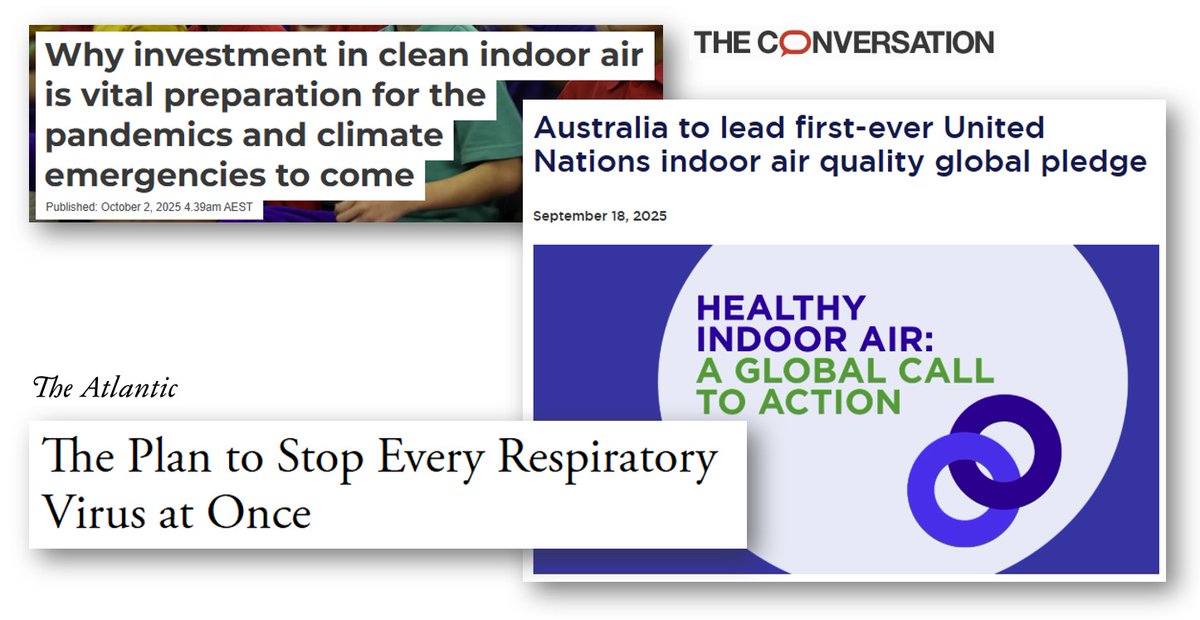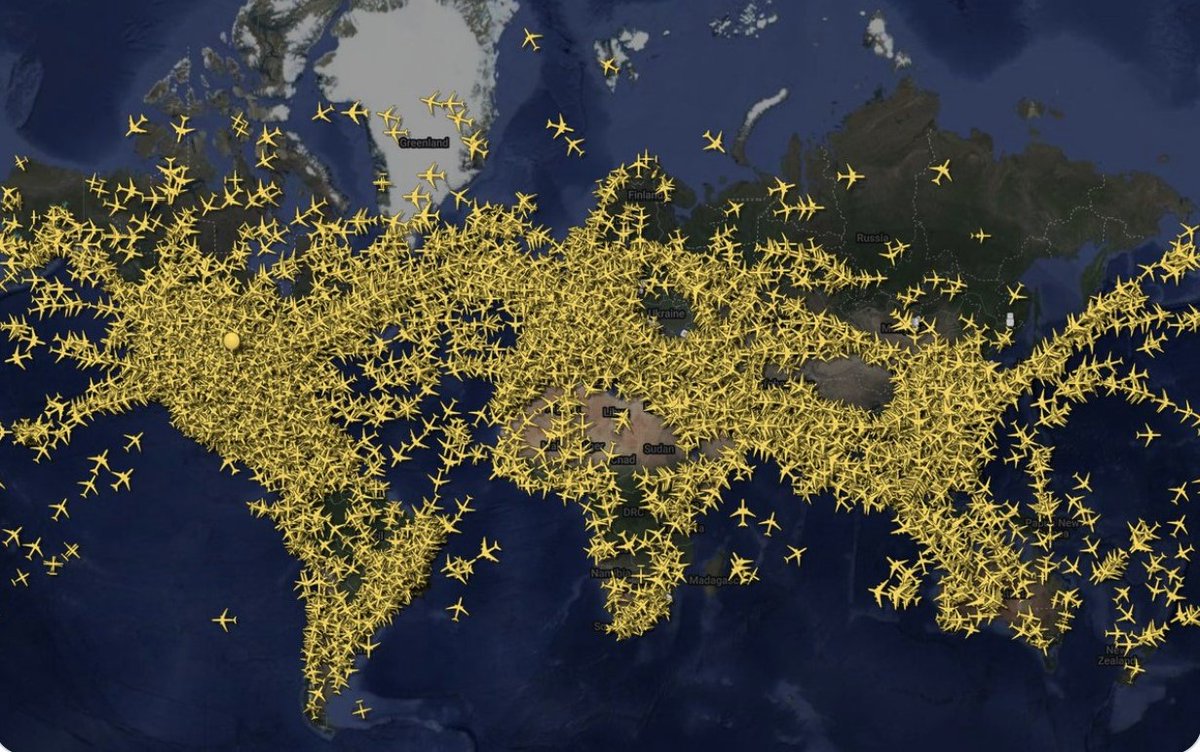"Who benefits from data sharing in Africa? What barriers exist in the data sharing ecosystem, and for whom? If much of the data sharing practice is shaped by the Global North, how can we ensure that the narrative for Africa is controlled by Africans?" 1/
arxiv.org/abs/2103.01168
arxiv.org/abs/2103.01168

Stakeholders in the African data sharing ecosystem. Those at the top of the iceberg hold significant power & leverage in guiding data sharing practices & policy compared to those in the hidden part of the iceberg. More powerful stakeholders wield disproportionate power. 2/ 

Dominant narratives around data sharing in Africa often focus on lack, insufficiency, deficit.
This framing minimizes the strength, agency, and scientific & cultural contributions of communities within the continent, and overlooks community norms, values, & traditions. 3/
This framing minimizes the strength, agency, and scientific & cultural contributions of communities within the continent, and overlooks community norms, values, & traditions. 3/

Power asymmetries are common, resulting in imbalanced authorship & uneven bargaining.
Being on the ground in the field has the largest effect on data, but the data work of fieldworkers is framed as menial labor performed by easily replaceable & interchangeable individuals. 4/
Being on the ground in the field has the largest effect on data, but the data work of fieldworkers is framed as menial labor performed by easily replaceable & interchangeable individuals. 4/

A common threat is parachute-research, in which non-African researchers benefit from data sharing & open data and publish scientific work using African generated data available through open access initiatives – all while ignoring contributions of African communities & scholars 5/ 

Contexts are crucial to understanding data fully; data sharing practices that discard contexts risk becoming irrelevant & potentially harmful to local communities. We should shift into thinking in terms of *data settings* instead of datasets. 6/ 

Above quotes are from "Narratives and Counternarratives on Data Sharing in Africa" by @red_abebe @arulebak @Abebab @sendgoodcheers @Geobaido @SekouLRemy Swathi Sadagopan
I recommend reading the full paper: arxiv.org/abs/2103.01168 7/
I recommend reading the full paper: arxiv.org/abs/2103.01168 7/

• • •
Missing some Tweet in this thread? You can try to
force a refresh














